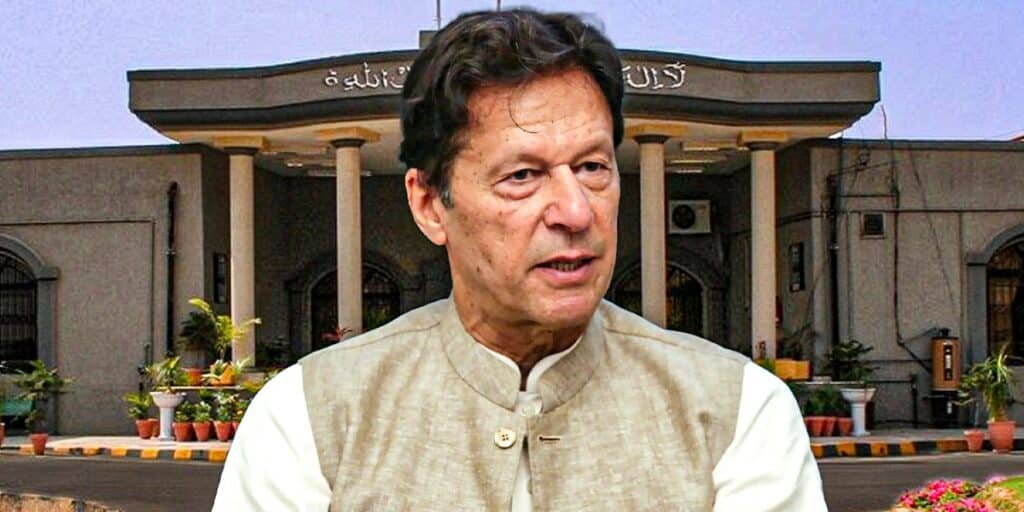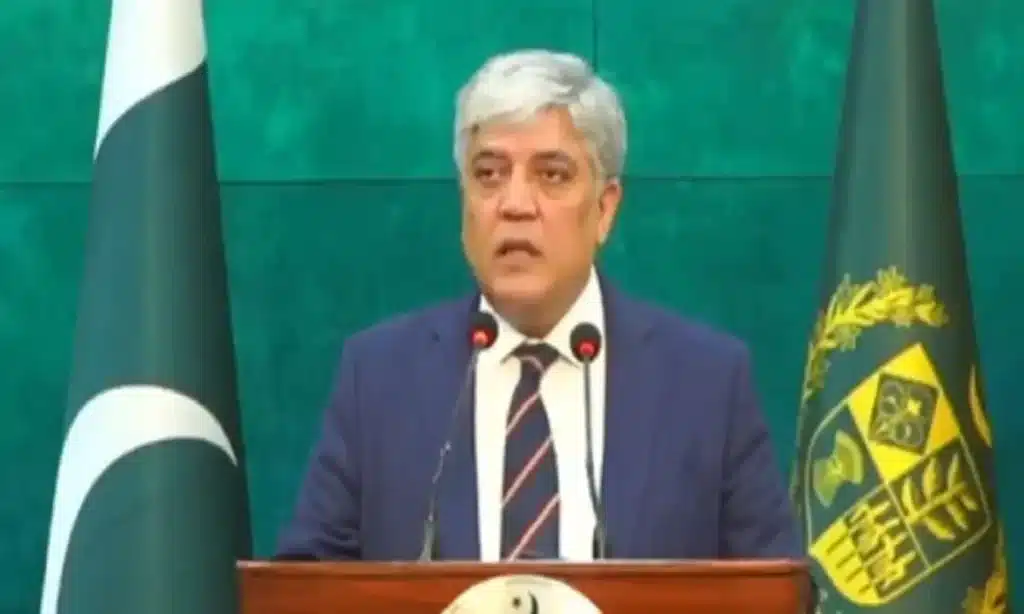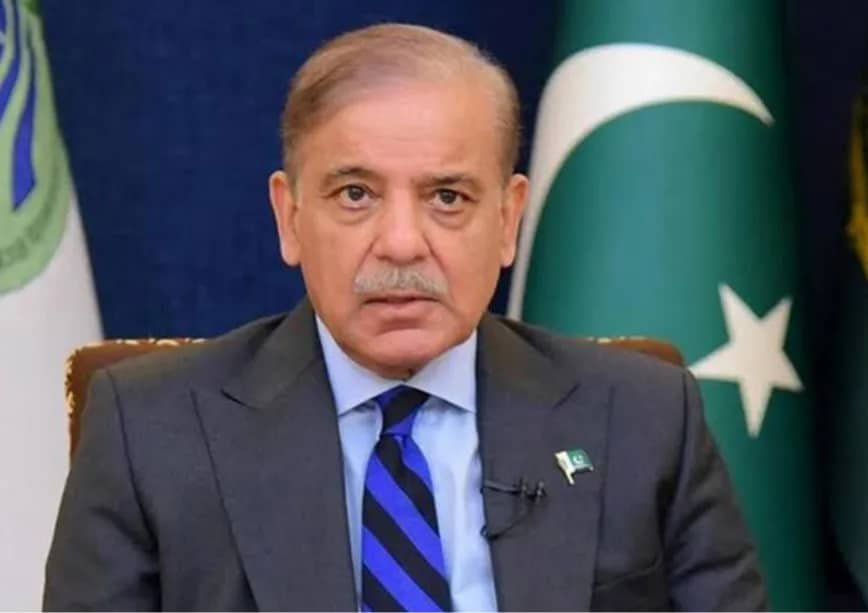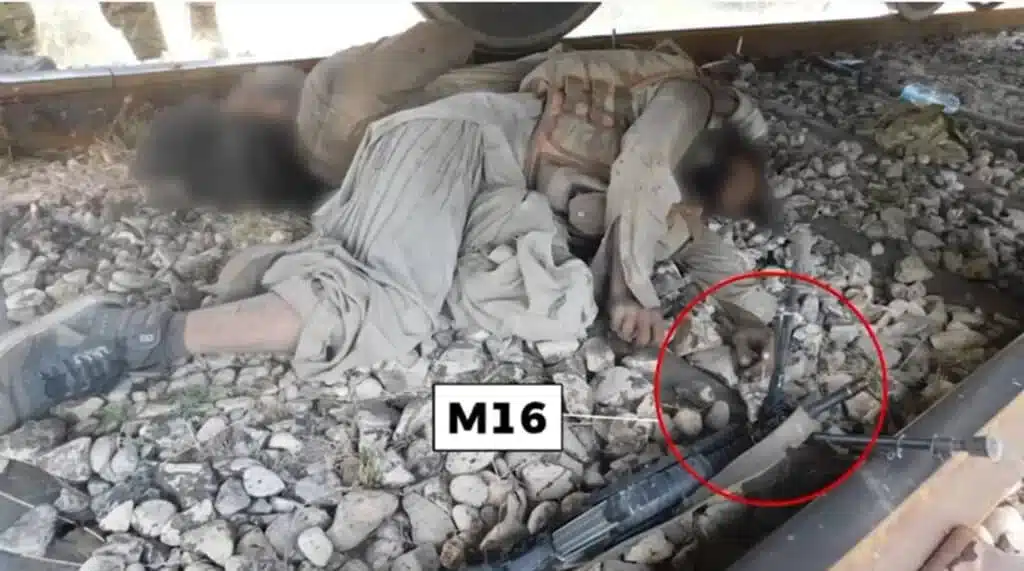ISLAMABAD: To assess the situation after India’s unilateral decisions in wake of Pahalgam attack, the National Security Committee (NSC) will meet today, Thursday, under the chairmanship of Prime Minister Shehbaz Sharif, in which decisions will be taken regarding the response to the steps taken by India.
Prime Minister Shehbaz Sharif has called the meeting after India announced several other tough decisions, including suspending the Indus Waters Treaty and closing the Wagah-Attari border.
Top civil and military leadership will attend the meeting and the situation arising after the attack on tourists in Pahalgam will be reviewed. The National Security Committee (NSC) will meet today, Thursday, under the chairmanship of Prime Minister Shehbaz Sharif, in which decisions will be taken regarding the response to the steps taken by India.
Regarding the decisions taken in the meeting, Indian Foreign Secretary Vikram Misri further said that ‘the posts of Air, Navy and Army Advisors in the Pakistan High Commission have been declared undesirable. Three service advisors and five support staff members are being recalled from the Indian High Commission in Islamabad. The number of support staff in embassies will be reduced from 55 to 30.’ It is pertinent to mention here that after the partition of India, an agreement was reached between Pakistan and India on September 19, 1960, after the dispute over the distribution of water between them, under the mediation of the World Bank. It is called the Indus Waters Treaty.
After the signing of this treaty by both countries, a permanent Indus Commission was also established for common interests, consisting of commissioners from India and Pakistan.
Under the Indus Waters Treaty, Pakistan’s right to the waters of the three western rivers Indus, Jhelum and Chenab was recognized, and India’s right to the waters of the three eastern rivers Ravi, Sutlej and Beas was recognized.
This treaty was maintained even during the wars between India and Pakistan in 1965, 1971 and 1999. Political observers are calling the announcement of the suspension of this treaty after the Pahalgam incident a very unusual move by India.





